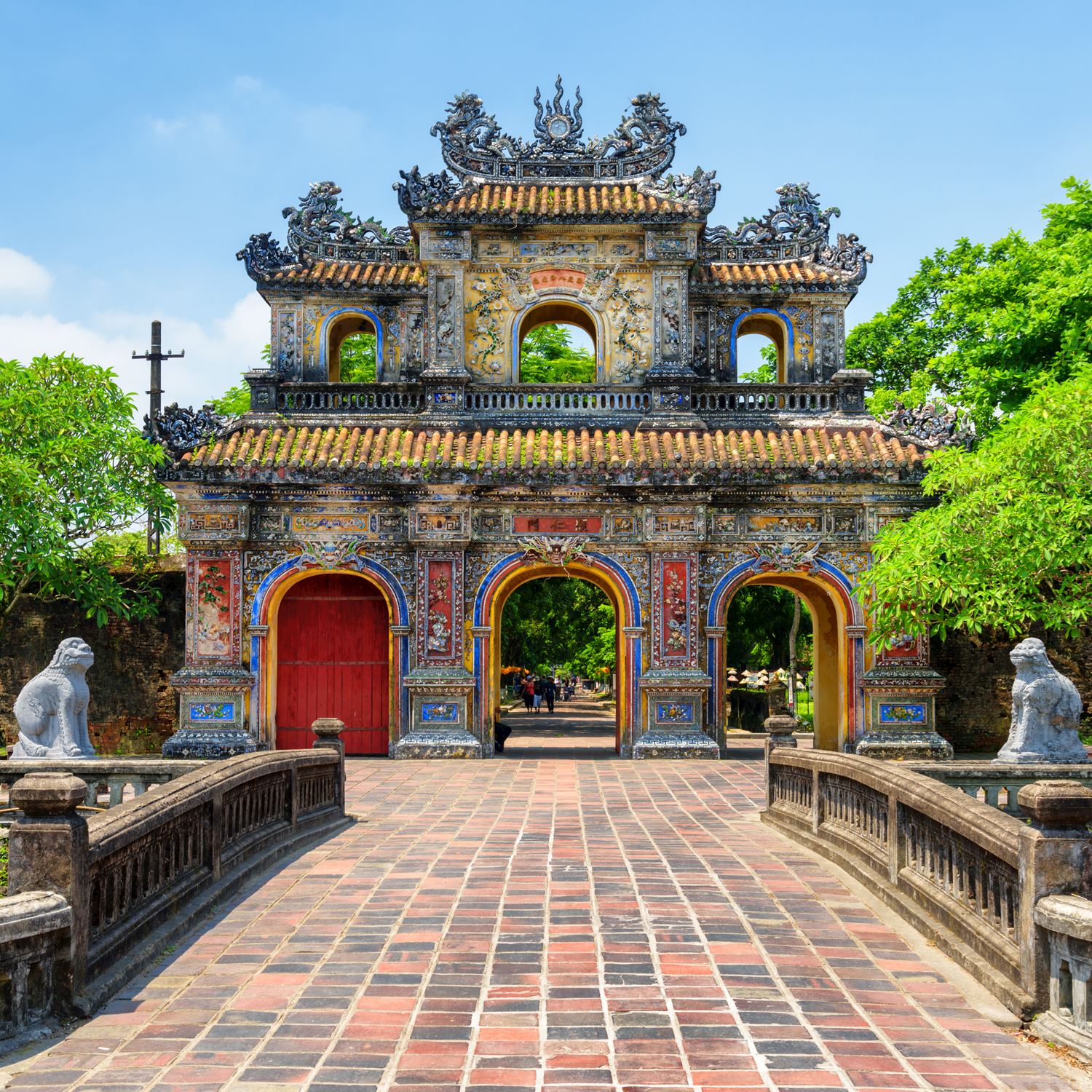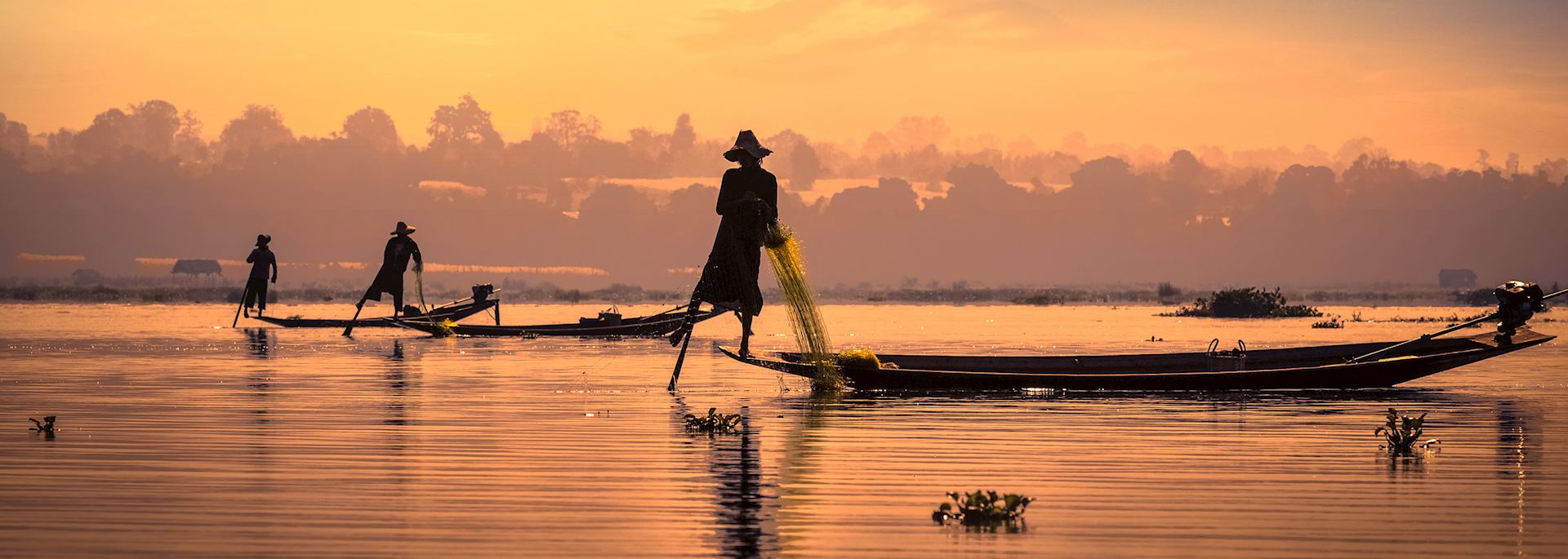By Alex Ross, Head of Southeast Asia, ÌÇÐÄvlog´«Ã½
(last updated March 2020)
Like everyone, we’ve been shocked by the harrowing reports emerging from Rakhine State in Myanmar about the persecution of the Rohingya people and the subsequent humanitarian crisis that has developed across Myanmar’s border in Bangladesh. There are a number of issues that this raises for those considering travelling to Myanmar or with a trip already arranged.
The safety of our clients is paramount, and we follow the advice of the Foreign, Commonwealth & Development Office (FCDO) as well as our contacts in Myanmar. The areas affected by the Rohingya crisis and other areas of civil unrest are well away from main areas visited by travellers, which remain unaffected by the situation elsewhere in the country. We’ll continue to monitor the situation closely. (Please see the links at the foot of this document.)
On balance, we believe that, ethically, visiting Myanmar remains the right thing to do. Despite the fact that some of the money you pay for your trip will go to the Myanmar government in the form of taxes, we believe that this is outweighed by two factors.
Firstly, interaction between the Myanmar people and overseas visitors brings greater perspective and insight on Myanmar’s situation to both sides. And a second factor is that a decline in visitor numbers will have a huge impact on the people whose livelihood depends on tourism, in a country where there is no economic or social safety net.
As we consciously want to directly support the local communities as much as possible, we have recently visited Myanmar with an aim to find experiences which have a direct, positive impact. By focusing on community-based tourism projects, many of which have the backing of the United Nations or UK-based NGOs and are run at a grassroots level, we are confident that we can provide an authentic, immersive cultural experience for our clients, whilst ensuring that we are giving back directly to the communities involved.
We have also begun working closely with UK-based charity, Children on the Edge. Recommended by our local partners in Myanmar, the charity has been influential in helping Rohingya refugees in the Kutupalong camp, across the border in Bangladesh. Since the crisis began in 2017, they have provided basic education, healthcare and nutritional support to 7,500 Rohingya refugee children, who would otherwise have no access to these services.
Rohingya crisis
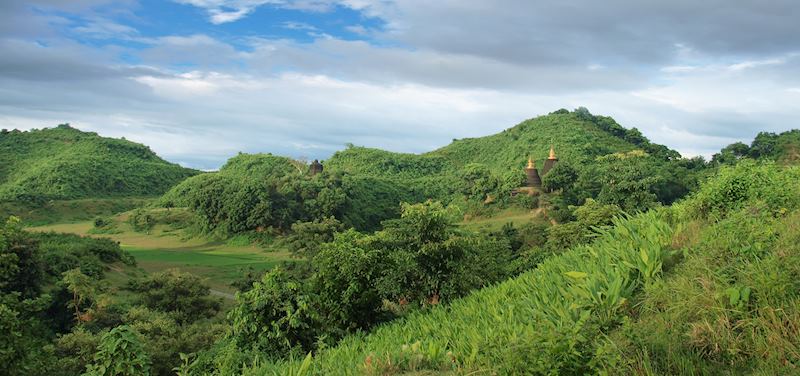
The events unfolding in Myanmar are tragic and incredibly sad to witness. Audley’s ties with Myanmar go back a long way, so it’s especially important to us that we consider all aspects of the current crisis, including its impact on the people of Myanmar and on tourism.
There are two clear elements of this situation, which warrant addressing separately. First is the ethical point of view: whether it’s better to boycott travel in Myanmar in support of the Rohingya and in protest at the current regime’s actions, or whether by doing so we’d cause more harm than good. The second aspect is the safety and welfare of our clients while there. We have, of course, been monitoring the situation very closely through our contacts at the FCDO and our local partners in Myanmar. We also receive regular reports from colleagues and clients visiting the country.
The problems between the Rohingya population of Myanmar and the military regime have been going on for many years now. Despite the fact that many of the Rohingya families can claim a presence in Myanmar going back hundreds of years, the local majority Burmese population (ethnically known as Bamar) have never really welcomed the Rohingya and have little or no sympathy for them. Over years of ‘brainwashing’ by the ruling regime, they’ve come to believe that the Muslim Rohingya are illegal immigrants and pose a threat to the majority Buddhist population’s safety and economic well-being.
That this is untrue matters little to the vast majority of Burmese. And it’s this indifference that has allowed the military government to act with impunity in its dealings with the Rohingya.
Until recently, though, the international media had little interest in covering the story, and so it all went largely under the radar. The military in Myanmar has now hugely escalated its campaign against the Rohingya. The initial catalyst for this appears to have been a series of attacks by a Rohingyan military group on a number of police bases. However, the scale of the retribution by the Burmese military has been vastly disproportionate to the original incident.
In terms of safety, we don’t send our clients to any areas that are subject to an FCDO travel advisory. But we also make our own judgement on the safety of a destination even if the FCDO hasn’t commented on it.
We’re satisfied that there is no cause to believe that any of the current instability in northern Rakhine State is going to impact on any areas we send clients to in Myanmar. We will, of course, continue to monitor the situation closely and will proactively help clients reroute if the situation changes.
It is an incredibly sad situation, and anyone considering travel to Myanmar needs to be sure in their own mind that they’re doing what is right from an ethical viewpoint. But we remain convinced that encouraging travel to Myanmar is still the right thing to do.
Broader issues
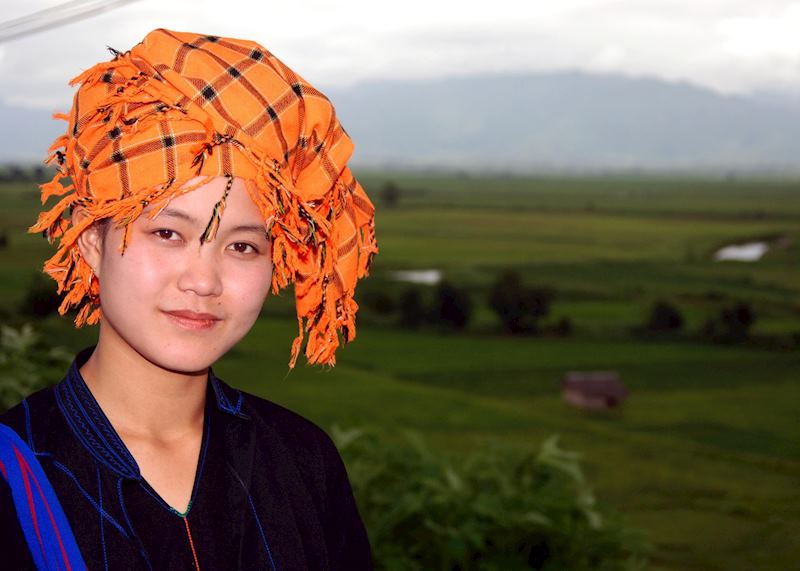
We’ve been offering trips to Myanmar since the mid-90s, when it was still a pariah state ruled by a military junta. It wasn’t a decision that we arrived at lightly, and we’ve reviewed it regularly ever since. But our reasoning then is actually very pertinent to the current situation and whether it’s still ethical to visit Myanmar.
We remain convinced that engagement with Myanmar, and communication between visitors and the Burmese people, is a force for good. Exposure to the West and to democratic principles is vital to keep the Burmese electorate informed about what is possible and what they can achieve, as well as providing both sides a perspective on Myanmar’s situation.
By turning the eyes of the world on to Myanmar, it makes it harder for the military to get away with the worst abuses of power for too long with impunity. In addition, the greater the value of the tourism industry, the harder it will be for the Burmese government to contemplate isolation again.
We estimate that about 20% of the costs of our trips goes to the government in terms of taxes, but this means that 80% goes into the hands of private individuals. We are working closely with our local partners to support more community-based tourism projects in Myanmar, in a hope that we can improve this percentage further. This has the added benefit of providing more authentic experiences for clients, and also increasing contact with the western world for people who otherwise would have no experience of this.
Our local partners in Myanmar employ around 200 people. They’re able to afford smartphones with direct access to the outside world and to send their children to school and college, so expanding the educated demographic base. A boycott or ban on travel to Myanmar would put many people out of work and leave them without an economic safety net. This would undoubtedly lead to a regression toward the darker days of censorship and political ignorance.
Until recently, sanctions were in place against trading with companies that had direct military connections. Some of these businesses were, and still are, connected with tourism, with the jade industry perhaps the most deeply involved.
We prefer not to use hotels and services that have connections with the government. Instead, we prefer smaller, privately owned entities, including our local family-run partner. We can advise you which hotels and services are owned by government officials.
We would advise anyone visiting Myanmar not to purchase jade or other precious stones. It’s widely acknowledged that the mining industry has strong connections to the military, giving it a huge revenue generator. Furthermore, conditions for miners are unregulated and dangerous, and in recent years there have been major incidents including the loss of 90 miners’ lives in Hpakant, the centre of jade mining.
Recent changes in Myanmar
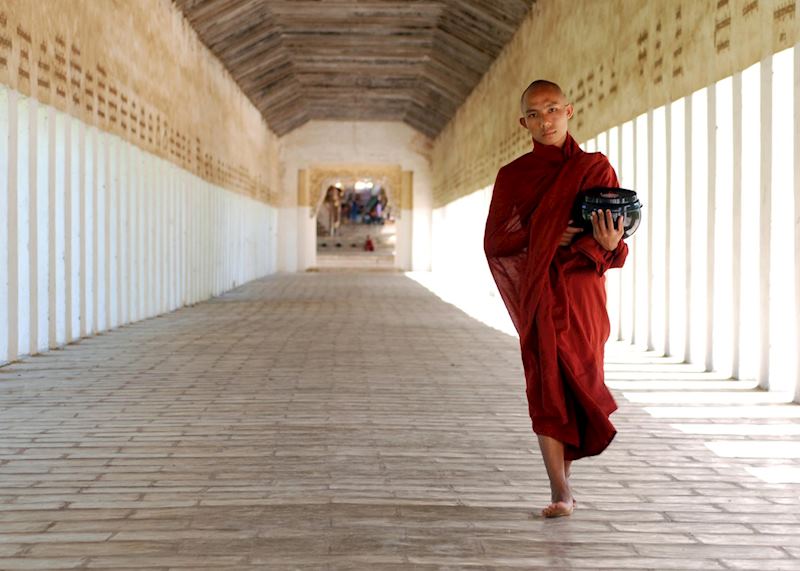
Close to the end of his presidential term, Barack Obama signed an executive order lifting all remaining sanctions against Myanmar. He declared that the government there had made, ‘substantial progress in improving human rights’.
Even though a large number of political activists remain behind bars, these numbers have dropped significantly since the National League for Democracy party was unanimously elected into power. In May 2019, two Reuters journalists were released from captivity, which brings further hope for the future.
Although the military’s drafted constitution restricts her from ever becoming president, in April 2016 the role of State Counsellor was created for Aung San Suu Kyi, the leader of the National League for Democracy. This effectively allows her legal authority over all policy that isn’t controlled by the military.
Despite these positive steps forward, and the hope they’ve given to the Burmese people, the military continues to retain a strong foothold, not only in parliament, where it’s guaranteed 25% of the seats, but in most of the country’s administration.
Myanmar’s modern-day reformers have inherited the mammoth task of dismantling decades of dictatorship. Undoubtedly, the two biggest challenges will be stopping the bitter civil wars in the Kachin, Shan and Kayin States, and creating a long-term solution for the Rohingya in Rakhine State. The latter has exposed Aung San Suu Kyi’s ability, and willingness, to appease powerful nationalistic interest groups, including not only the military, but Myanmar’s majority Buddhist Bamar ethnic group, and the influential Buddhist priesthood. These groups make up a large percentage of the National League for Democracy’s support.
Where can you find out more about the issues?
The following sources of information provide a variety of perspectives on the situation in Myanmar and do not necessarily reflect our views.
Government travel advice for nationals:
International media:
Local Burmese sources:
Other sources:
- , by Richard Cockett, is the most recent and, arguably, one of the most realistic summaries of Myanmar’s background and current challenges.
- Children on the Edge — the UK-based charity works with marginalised children who have been forced to the edges of society, usually as a result of conflict. They have worked closely with the Rohingya refugees in the Kutupalong camp in Bangladesh, providing education through learning centres. They are the Southeast Asia department’s charity for 2019.
- ShelterBox
The charity provides immediate humanitarian aid to those displaced from their home, either through natural or manmade causes. ShelterBox is Audley’s 2019 charity of the year.
